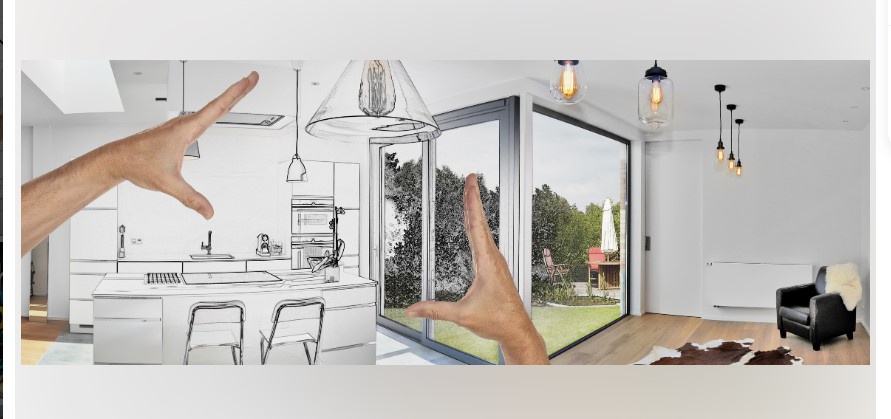As homeowners continue to seek ways to expand their living spaces, house extensions have become an increasingly popular solution. In 2024, the cost of a house extension will depend on various factors, including the size, materials, location, and complexity of the project. Here's a breakdown of what you can expect when planning a house extension in 2024.
Factors Affecting House Extension Costs
- Size of the Extension: The larger the extension, the higher the cost. A single-story rear extension typically costs less than a two-story side extension.
- Type of Extension: The type of extension you choose, such as a kitchen extension, loft conversion, or basement conversion, will impact the overall cost.
- Materials and Finishes: The materials you select, such as brick, timber, or glass, and the quality of finishes will influence the overall cost.
- Location: House extension costs can vary significantly depending on where you live, with projects in major cities like London typically being more expensive.
- Complexity: Complex designs, structural work, or the need for planning permission can increase the cost of your house extension project.
Average House Extension Costs in 2024
Based on industry estimates and projections, here are some average house extension costs you can expect in 2024:
- Single-Story Rear Extension: £40,000 - £60,000
- Two-Story Side Extension: £60,000 - £100,000
- Loft Conversion: £30,000 - £60,000
- Basement Conversion: £70,000 - £150,000
- Kitchen Extension: £35,000 - £70,000
Keep in mind that these are rough estimates, and the actual cost will depend on the specific details of your project.
Pros and Cons of House Extensions
Pros:
- Increased living space
- Potential increase in property value
- Tailored to your specific needs and preferences
- Avoids the hassle and expense of moving
Cons:
- Significant upfront investment
- Potential disruption during construction
- Requirement for planning permission in some cases
- Potential for unforeseen complications and additional costs
FAQs
1. Do I need planning permission for a house extension?
In many cases, you will need to obtain planning permission from your local authority before starting a house extension project. However, some smaller extensions may be considered permitted development and not require formal planning approval.
2. How long does a house extension typically take?
The timeline for a house extension can vary greatly, but on average, a single-story extension can take 8-12 weeks, while a two-story extension may take 12-16 weeks.
3. Can I live in my house during the extension?
It is often possible to live in your house during a house extension project, but it may be disruptive and depend on the extent of the work being done.
4. How can I save money on a house extension?
You can save money by choosing cost-effective materials, opting for a simpler design, and potentially acting as your own project manager. However, it's essential to strike a balance between cost and quality.
5. Will a house extension add value to my property?
Generally, a well-designed and functional house extension can increase the value of your property. However, the value added will depend on factors such as the location, size, and quality of the extension.
Remember, a house extension is a significant investment, and it's crucial to carefully plan and budget for your project. Consulting with professionals, such as architects and home extension companies, can help ensure a successful outcome and maximize the return on your investment.


No comments yet